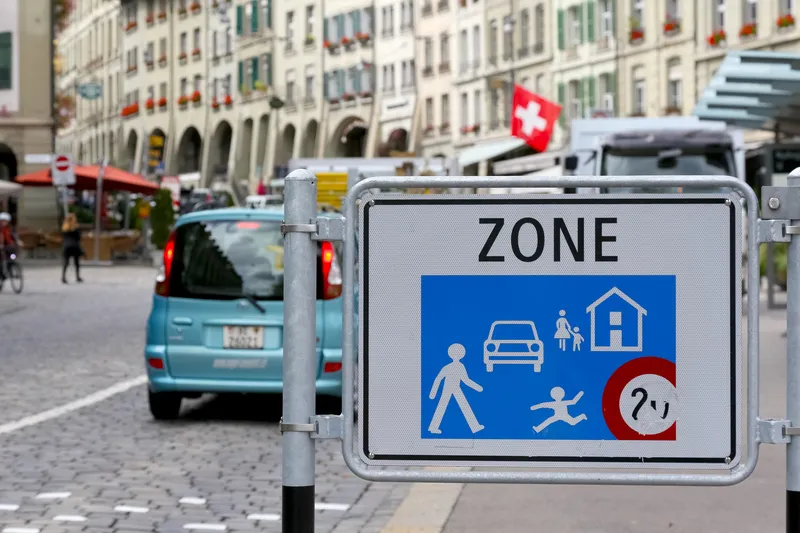Last year Taiwan saved more than US$18.75 million in energy conservation and carbon emission reductions in 2009 thanks to the use of an Electronic Toll Collection (ETC) system on the country’s freeways, the Taiwan Area National Freeway Bureau has announced.
February 2, 2012
Read time: 1 min
Last year Taiwan saved more than US$18.75 million in energy conservation
and carbon emission reductions in 2009 thanks to the use of an
Electronic Toll Collection (ETC) system on the country’s freeways, the 595 Taiwan Area National Freeway Bureau has announced.
According to figures compiled by the Bureau, over 175.6 million ETC transactions in 2009 means nearly 3.3 million hours saved for drivers (as opposed to stopping at toll booths), along with 3.45 million litres in fuel consumption.
Use of the system also contributed to a cut of 8,525 metric tons in CO2 emissions as well as savings of US$750,000
on paper and printing costs for
toll ticket books.
According to figures compiled by the Bureau, over 175.6 million ETC transactions in 2009 means nearly 3.3 million hours saved for drivers (as opposed to stopping at toll booths), along with 3.45 million litres in fuel consumption.
Use of the system also contributed to a cut of 8,525 metric tons in CO2 emissions as well as savings of US$750,000
on paper and printing costs for
toll ticket books.








